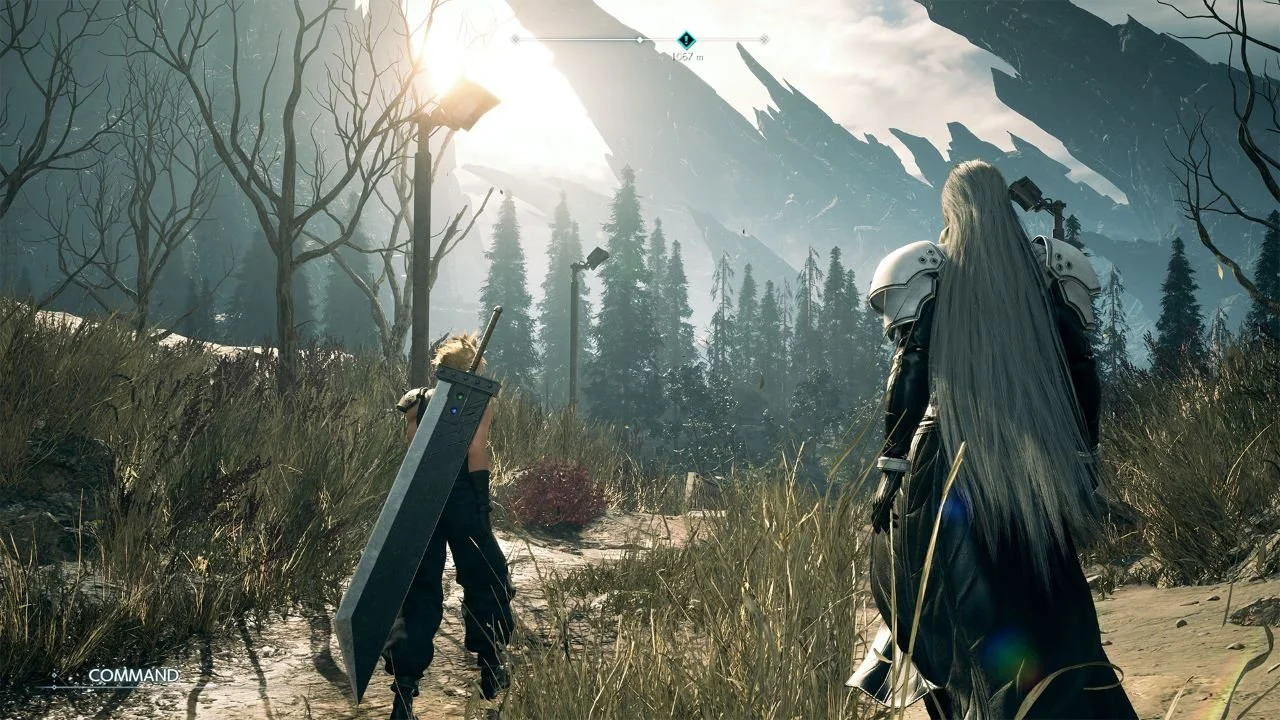'Final Fantasy VII Rebirth' Will Be Here Next Winter, Continuing The Remake Trilogy
During the Final Fantasy VII 25th Anniversary livestream, Square Enix revealed the first look at the second part of the Final Fantasy VII Remake trilogy titled Final Fantasy VII Rebirth. Though no specific date was confirmed, Square Enix announced that the game will release in the winter of 2023 exclusively on PlayStation 5.
After a long-awaited and often-tumultuous development cycle, the remake of the original PlayStation 1 game has been planned to release as a trilogy of games. The first game in the series was released back in April 2020. While retaining the same role-playing elements, Remake utilized a blend of real-time combat in more recent Final Fantasy games and the old Active Time Battle system from the original game. The second entry, Rebirth, will continue the story of the original Final Fantasy VII from where Final Fantasy VII Remake left off.
RELATED:
In a statement following the game’s announcement, Creative director Tetsuya Nomura tells players to expect more than a new look to the classic game:
“Final Fantasy VII Rebirth is being designed so that people can enjoy this game whether they know the original game or not. In fact, new players might even enjoy starting their Final Fantasy VII journey with Final Fantasy VII Rebirth. Cloud and his friends embark on a new journey in this game, and I believe that the scenes that they witness after leaving Midgar will give players a fresh, new experience.”
The reveal trailer for Rebirth included a scene of Cloud and Sephiroth walking through a post-apocalyptic environment. This footage shows that there will be plenty of new content not in the original game.
During the same livestream, Square Enix also announced the release window for a Final Fantasy VII: Crisis Core remaster for this winter. Crisis Core is a spin-off of the mainline series that was originally released in 2008 on Sony's PSP handheld. This remaster will be the first time the game will be available on another system without the usage of emulators.
READ NEXT:

